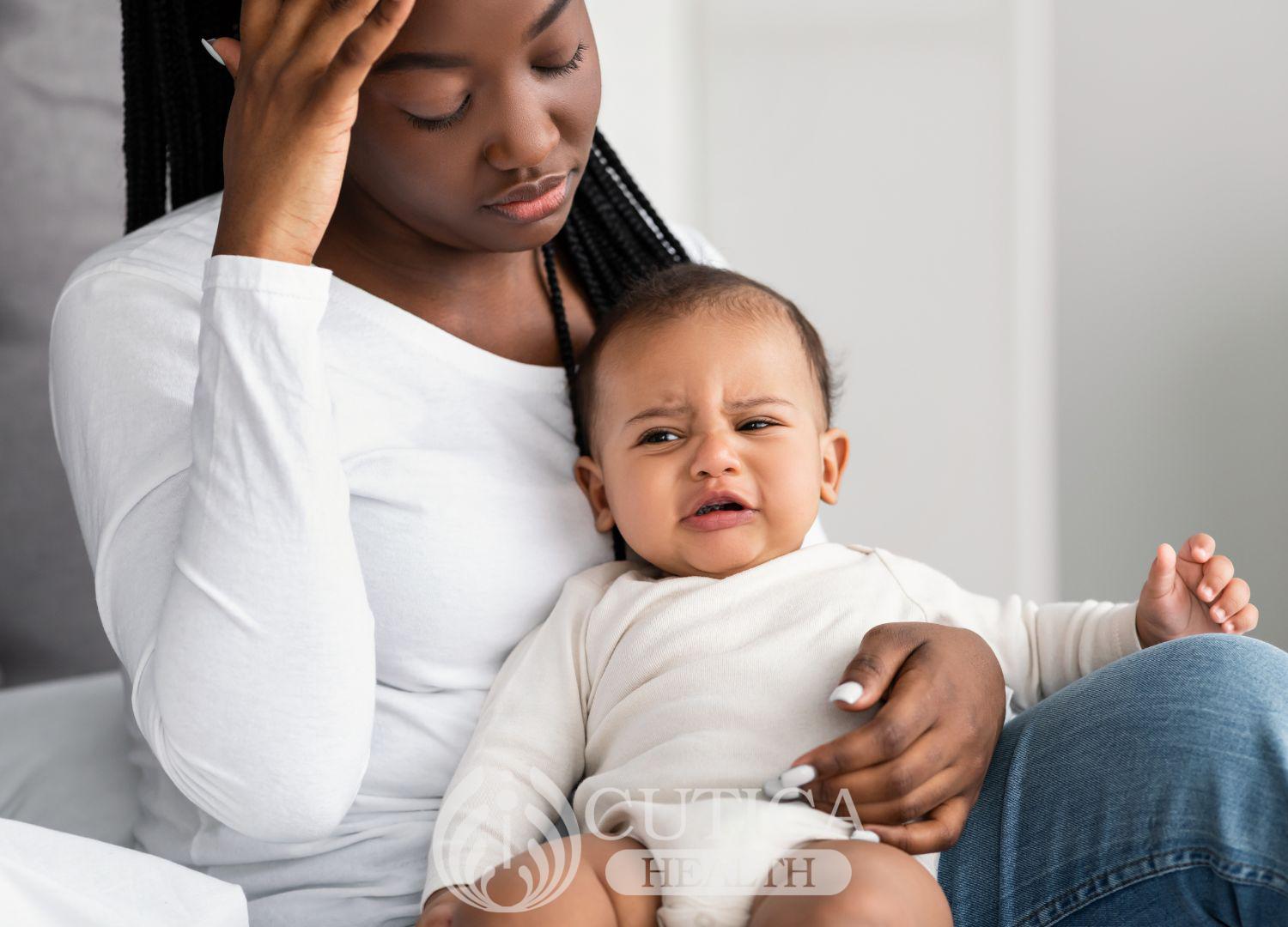
Have you ever seen someone so riled by an infant’s or toddler’s inconsolable cry, that they shook him or her violently out of frustration? While that act might have let their frustrations out, it may lead to irreversible damage to the child’s brain.
Shaken baby syndrome, also called shaken impact syndrome or abusive head trauma, is a form of abuse inflicted on a child that could leave him or her suffering from the complications of brain damage for the rest of their lives. Babies have weak neck muscles and can’t control their necks as effectively as older children, so if one shakes a baby forcefully, whether out of anger or even excitement, the baby’s fragile brain is pushed back and forth inside the skull, causing bruising, bleeding, and swelling. While the damage not may be noticed at the first instance of shaking a baby forcefully, the injuries may leave long-lasting effects.
What Happens if I Shake My Baby’s Head Forcefully

Shaking your baby forcefully leaves their fragile brain with serious injuries and damage that may be irreversible. These injuries range from bruises in the brain tissue, called contusion, to shearing off of brain cells, or bleeding into the brain or between the coverings of the brain, all of which cause the brain to swell. More obvious injuries, that may indicate abuse, include skull fracture, fractures in other parts of the body such as the ribs and collar bone, and bleeding into the eye.
Injuries to the brain, if large enough, manifest with certain physical symptoms, including altered level of consciousness, drowsiness, and headache that is worse with exposure to light, associated with vomiting, recurrent seizures, abnormal respiration, and even death. The outcome of the affected babies depends on the severity of the injury; however, when these severe symptoms occur, the prognosis is usually poor. Babies that survive may experience recurrent seizures, mental retardation, blindness, and paralysis of their limbs.
How Can I Prevent Shaken Baby Syndrome?

It’s true that taking care of an infant or toddler can be physically and emotionally demanding, especially for first-time parents, but there are ways to deal with this phase of parenting without sabotaging the health and future of your baby. A few helpful tips for those times your little one may get you at your wits’ end are:
- Seek help: You may ask your loved one or partner to help with caring for your baby to help you take the edge off
- Seek emotional support: You may need emotional support during these first few years of your baby’s life. Talk to trusted family member and friends, or, if necessary, a mental health professional to help you cope with the stress of taking care of your little one
- Call a pediatrician: If your baby cries uncontrollably, it may not always be because he or she is hungry or irritated; there may be more to it. Check with your pediatrician to investigate for possible medical causes
- Finally, do not leave your baby with a caregiver or family member in whom you don’t have complete trust. Even if you trust them, discuss Shaken Baby Syndrome with them, to make it clear that your loved one is not to be exposed to it under any circumstance. Remember that Shaken Baby Syndrome often occurs because the perpetrator is unaware that aggressive shaking can severely harm a baby.












